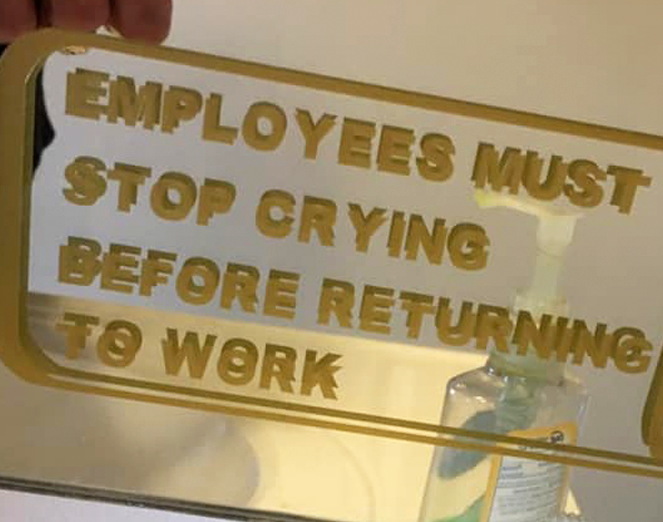
Foundation is not a faithful adaptation of the books, but the show is at least internally consistent.
Based on OP’s description, it seems like there are a few things that viewers of the Dune series will have to suspend their disbelief on, or else it may fail to meet logical consistency with the newer movies.











I mean what I said. You can preserve content and make it as accessible as you want, and I don’t think there will be much resistance from the government in doing so. But that doesn’t solve the bigger issue of states having the authority to say “We don’t want to teach this content in our school systems.” How do you address that?
Even if the content is free and accessible outside of the classroom, what makes a student want to pick up a book on their own? Fewer US students today read for fun than they used to. And if their classes do not provide the critical reading skills to sufficiently understand the content of a given text, how much can they appreciate it?
One could suggest establishing a national curriculum that could realign these renegade states. But in the current political climate, that would be more likely used to make the problem worse, leading to bans on a national scale.
Private schools are not beholden to government entities when it comes to content they do/do not include in their curriculum. But I can promise the solution is not to privatize school systems en masse, which would be disastrous for a number of reasons.
So instead of focusing on preserving the content that is being taken out of classrooms, which isn’t otherwise going anywhere, why not focus more on meeting students where they are? Ensure that LGBT+ representation continues to exist in other forms of media that they consume. Normalize being queer in all spaces, not just the classroom. Provide support and social services for queer youth. Eventually people will come to realize that these identity politics are a waste of time and leading to worse outcomes in conservative states. Reformed curricula will follow.